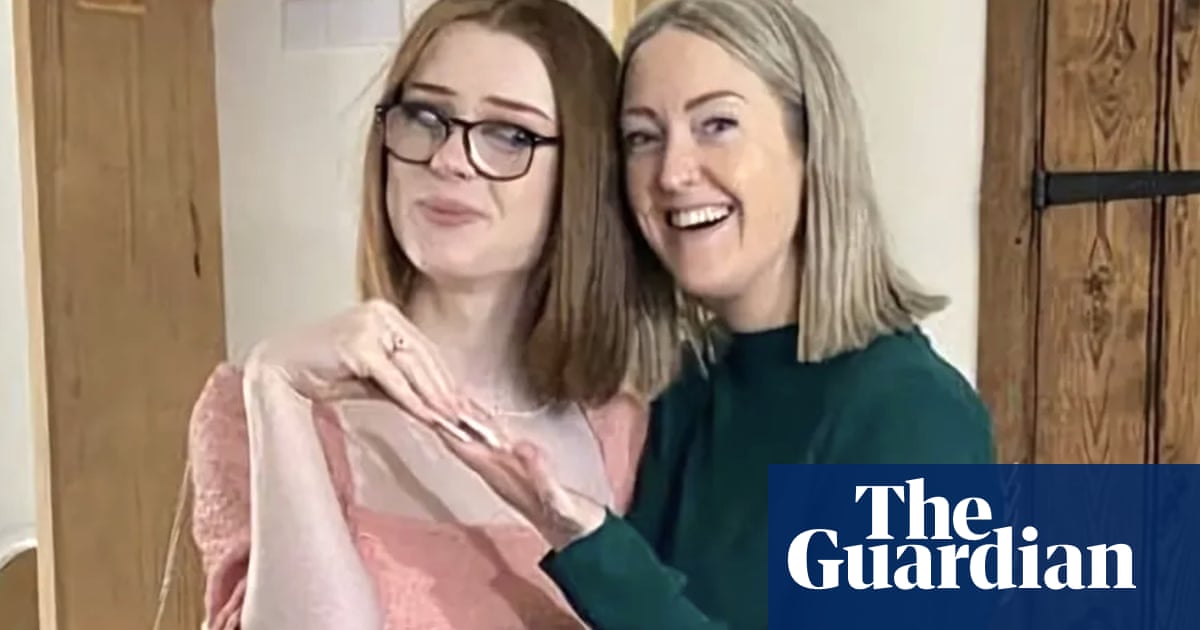
The Labour MP Dame Margaret Hodge has said the government must ban online anonymity or make social media directors personally liable for defamatory posts, revealing that she receives tens of thousands of abusive tweets a month.
Hodge accused the government of deliberately delaying the online harms bill in order to avoid difficult conversations with powerful social media companies, and said she was prepared to take up a campaign to make sure the law was tough enough.
Research by Community Security Trust (CST), an antisemitism monitoring organisation, found there were about 90,000 mentions of Hodge’s name or Twitter handle, including retweets and shares, during October and November, though some were positive or neutral. It found that 22,000 individuals had been involved.
Other charities that have analysed online abuse of MPs found that the former shadow home secretary Diane Abbott had received the vast majority of abuse in her party, including racist threats of death and sexual violence. Amnesty researchers found that Abbott had received 45% of all abusive tweets sent to female MPs in the six weeks before election day in 2017.
Hodge said the abuse painted a false portrait of who she was, including that she supported apartheid and was a paedophile.
“What is so upsetting is, it’s not me and it undermines me. I’m sure it feels the same for Diane Abbott, for Meghan Markle,” she said. “It’s so often women, but this is so chilling for me because it comes from within the left, people who should share my values about changing the world.”
Her office only reports direct death threats to the police. One man is currently awaiting sentence for abuse sent to Hodge and two former MPs.
Hodge is known to have considered leaving the Labour party the day after an NEC panel agreed to replace Jeremy Corbyn’s suspension with a formal warning, after he said the EHRC report into antisemitism in the party had overstated the problem.
The Labour leader, Keir Starmer, has made restoring the whip conditional on an apology from Corbyn, who is taking legal action. Hodge said she had desperately wanted to move on from the saga and that she backed Starmer’s position.
“He’s got to give a completely unconditional apology,” she said. “I suppose we’re a broad church. Were he to do that then … I would just see him as yesterday’s man. Before the report had been published I had come to that view, and I have to get my brain round that again.”
Hodge intends to begin a campaign on the online harms bill informed by her work on tax havens and evasion. “You have got to put in personal liability for the executives and owners of the social media companies,” she said. “And if you don’t, you won’t get anywhere, and you see that in tax evasion law.”
Hodge said she had changed her mind on the issue of anonymity online. “People argue that anonymity allows proper democratic participation, but I think the harms outweigh the benefits,” she said.
She said she believed the government was ambivalent about the progress of the legislation. “I hope I’m wrong, but these are powerful organisations that they would have to confront. And in my experience in the tax justice world, there is a real reluctance in government to confront them.”
The digital minister, Caroline Dinenage, has said the government would not commit to bringing a draft bill to parliament before the end of 2021 because of the coronavirus pandemic.
Dave Rich, the CST’s head of policy, said his organisation was campaigning to have a system where anonymity was allowed but social media companies would have to hand over information in criminal or defamation cases.
“If they can’t identify them, the platforms could take on the legal liability for whatever they’ve done,” he said. “So that would allow victims of domestic violence or anyone else who wants to be anonymous for positive reasons, it wouldn’t really touch them.”
Among the dossier of abusive tweets collated by CST, one called Hodge “a backstabbing, evil old wrinkled pedo lover”. Another said she had “spent the war in Switzerland selling … steel to Hitlar [sic] to burn Jews”. Hodge was born in 1944.
The allegations of covering up paedophilia stem from abuses at children’s homes that were not investigated while Hodge was leader of Islington council in London. She was later sued by a victim and has previously said the failure to investigate was “the biggest mistake of my life”.
Hodge said she had also been connected to apartheid South Africa through a business interest of her father, but that she had produced evidence to newspapers investigating the claims that she opposed the South African office opening.
She said she and her sister had denounced the investment in a letter to their father, who refused to change his plans, so she had donated a percentage of the income from her small share in the business to an anti-apartheid campaign.












